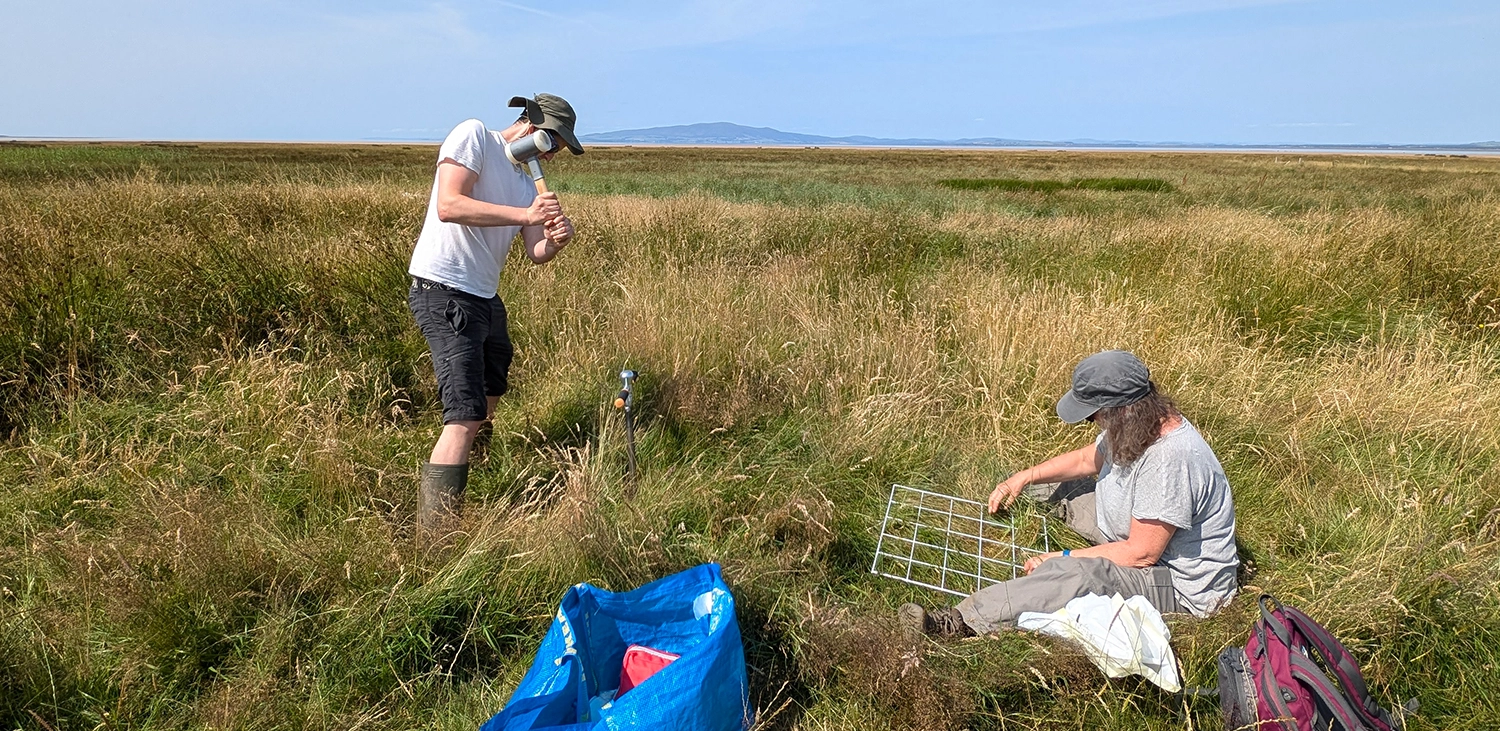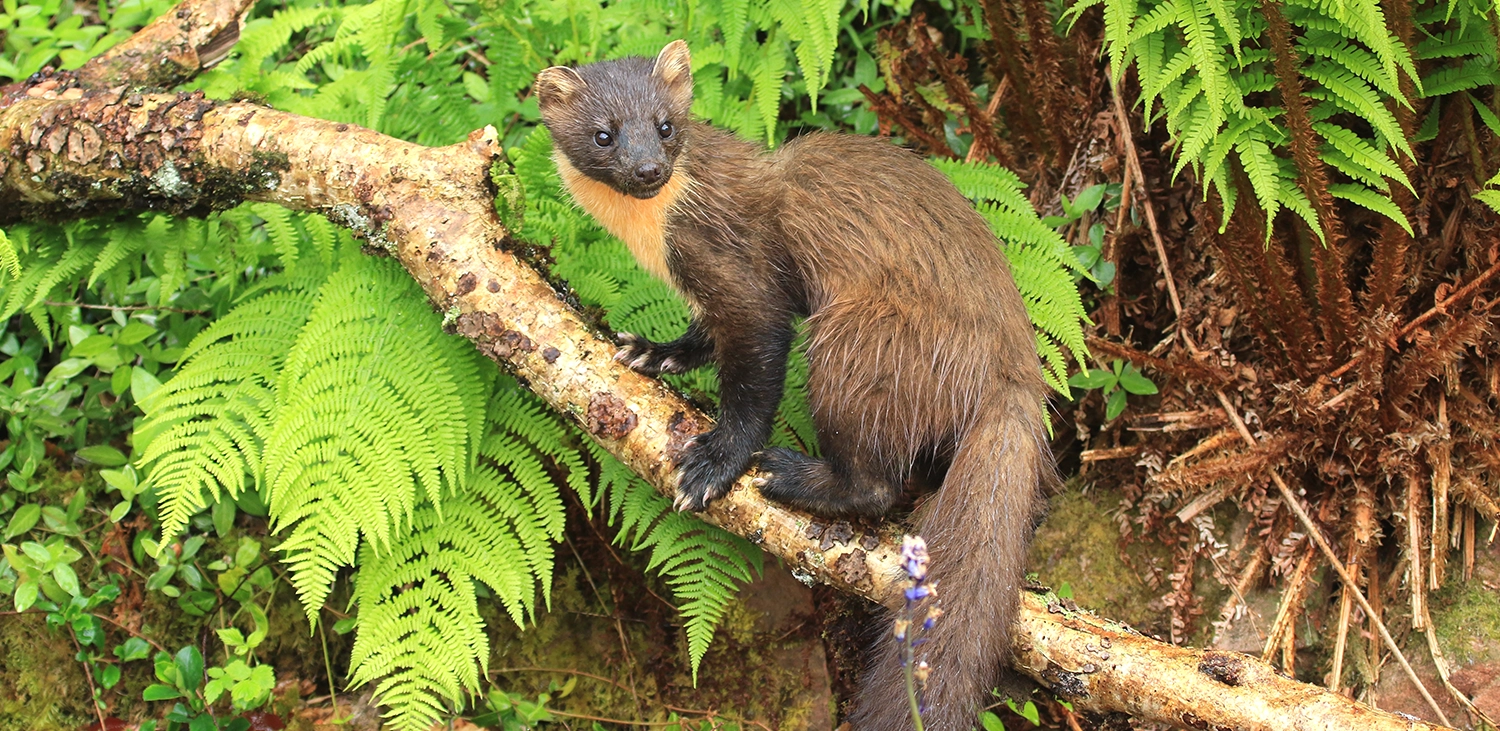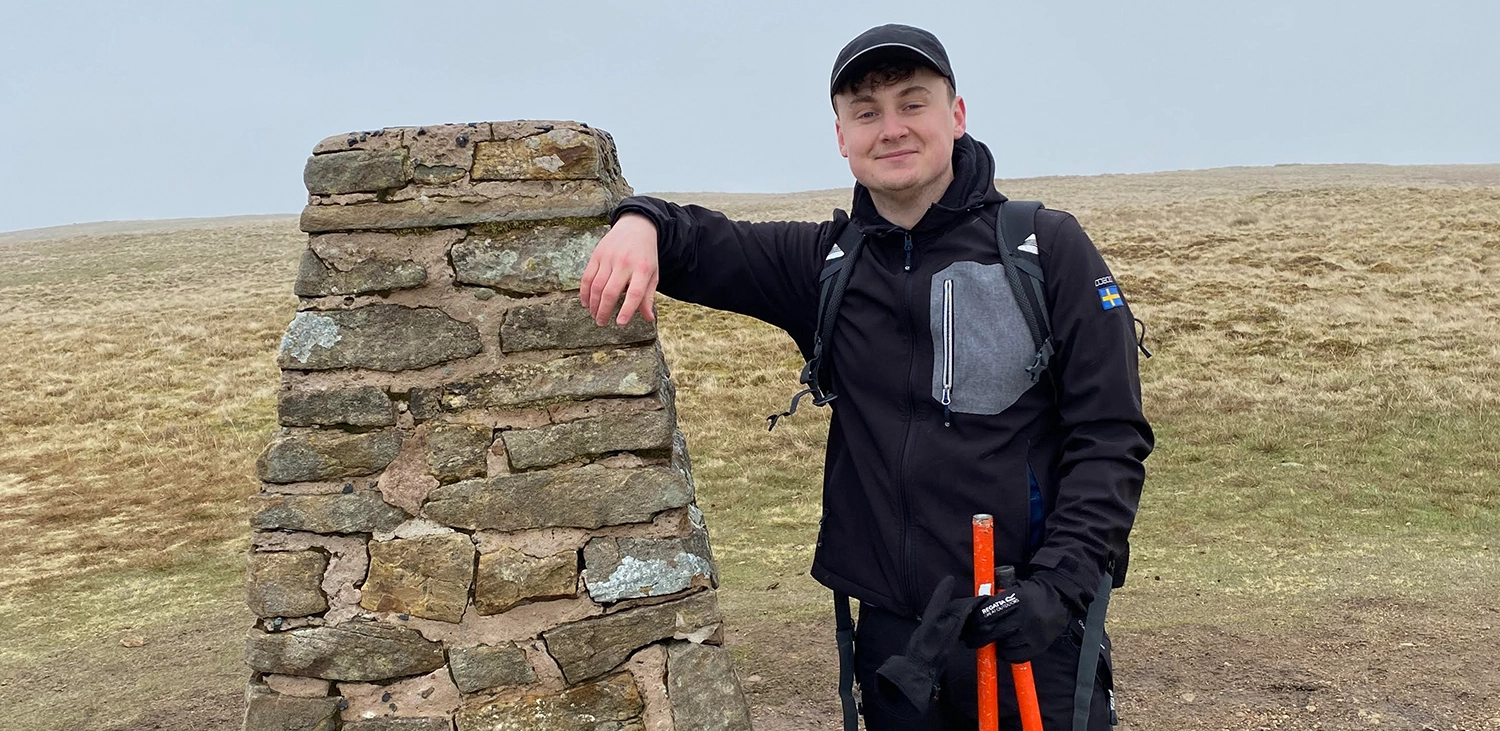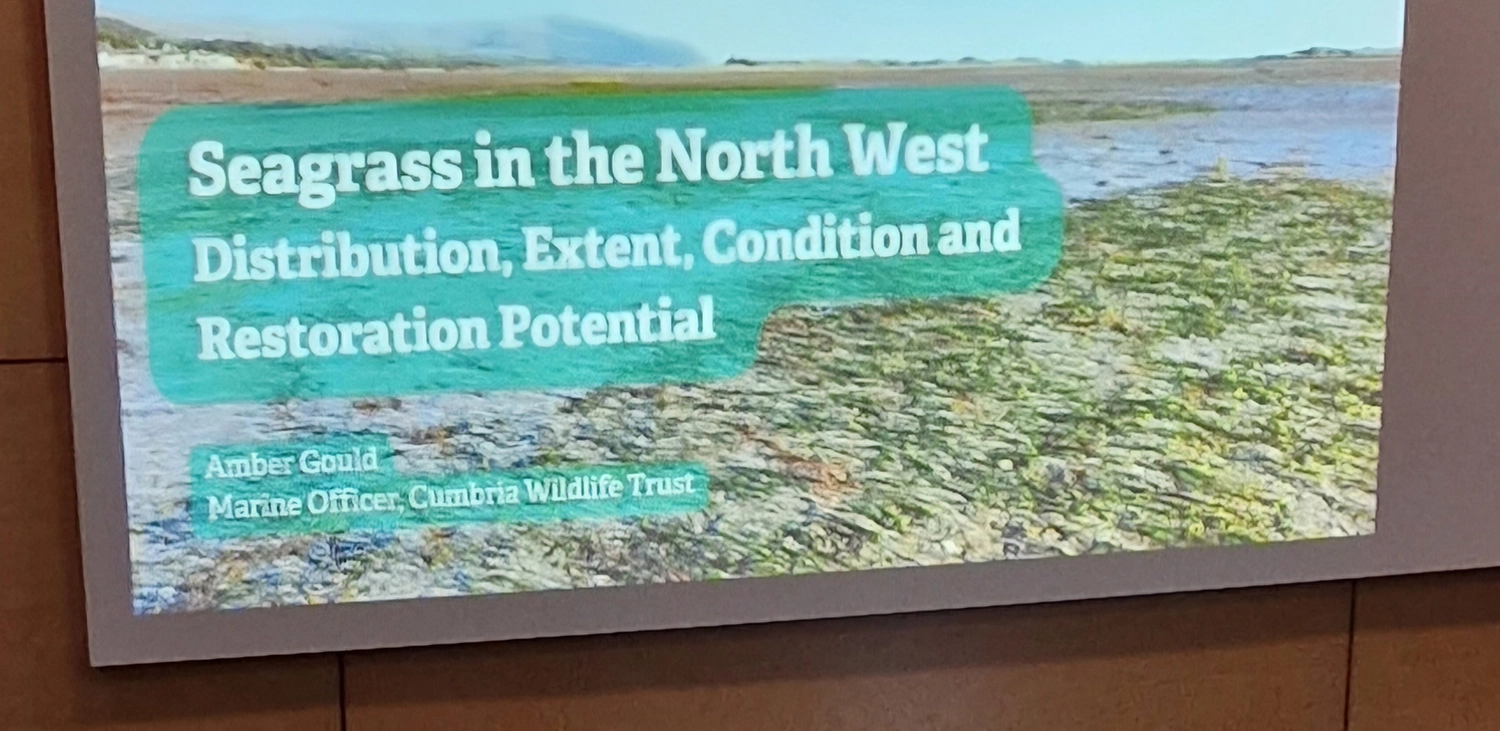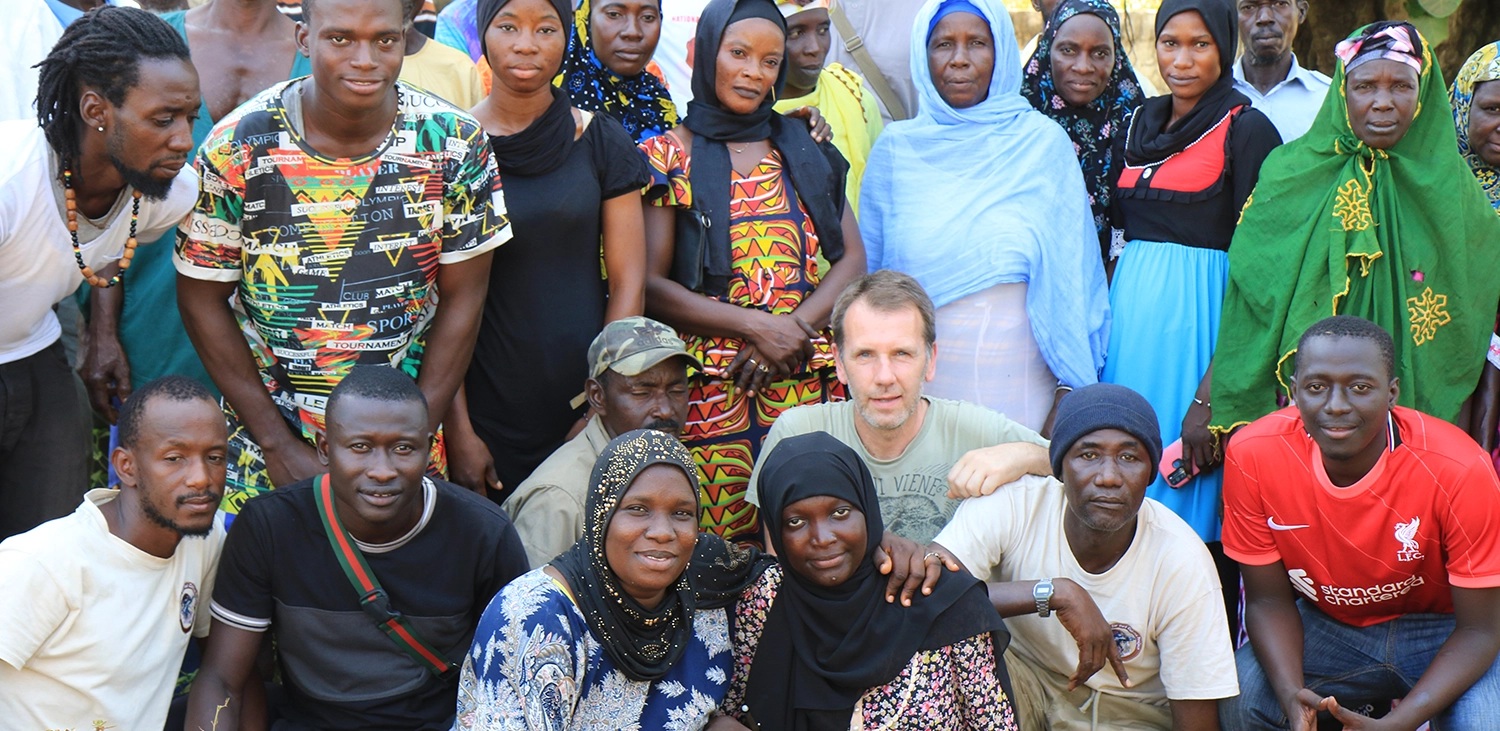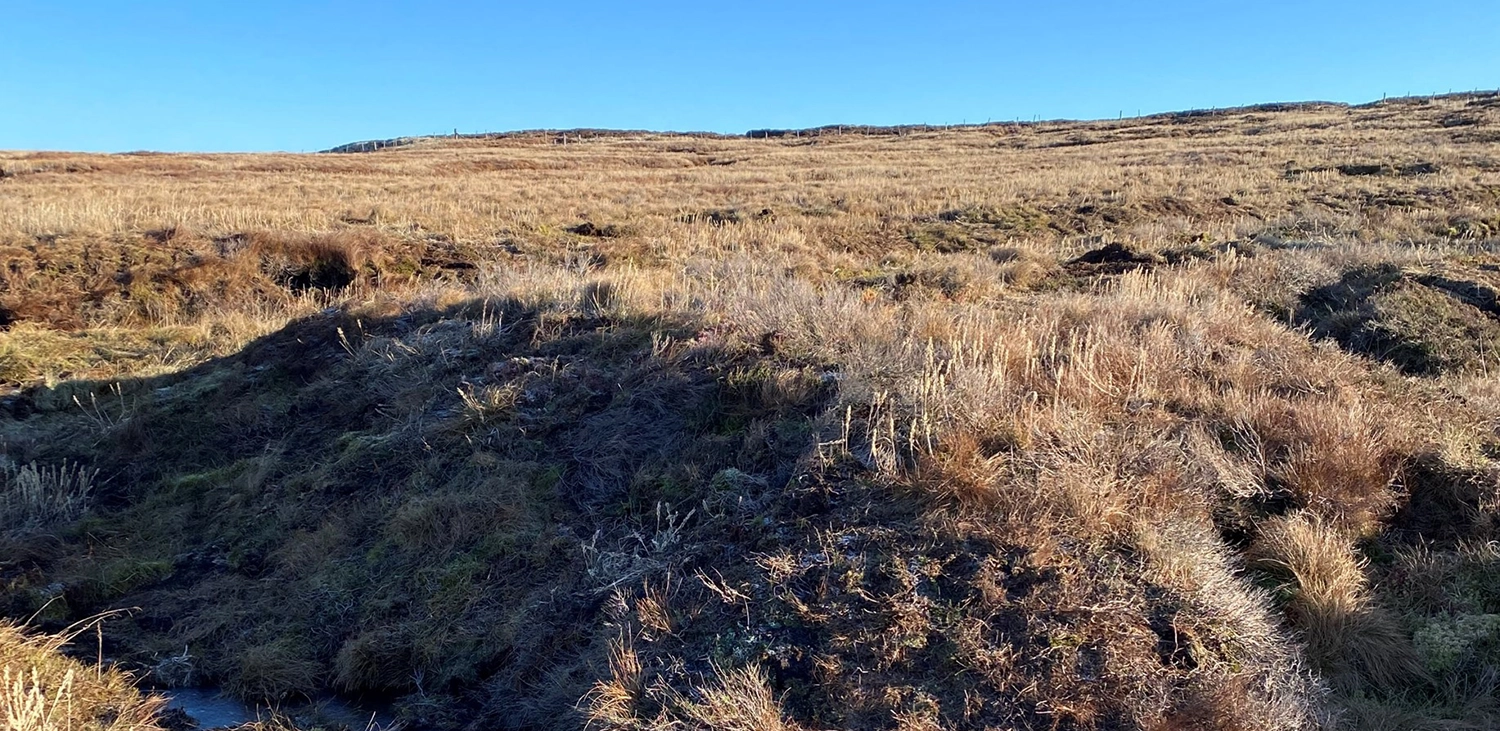
Conservation and Ecology
Conservation and Ecology (Theme Lead: Dr Joseph Hawes)
Ranging from local to national and international scales, the Conservation and Ecology theme engages in multi-disciplinary approaches, utilising methodologies from the natural and/or social sciences, to benefit conservation practices and outcomes. Theme members engage with research activities to provide outcomes that support both an evidence-based and adaptive approach to conservation decisions and management that, ultimately, aim to protect landscapes and biodiversity. The Anthropocene is highlighting many pressures, such as unsustainable natural resource use, causes for biodiversity loss, and climate change, which can require novel, large-scale holistic approaches at one level to local scale, ecosystem reconstruction and reintroduction projects, such as the BOOM project, at the other. The Conservation and Ecology theme membership is made up of highly skilled and experienced people, engaging with research activities across all these different levels to make our world a better place.

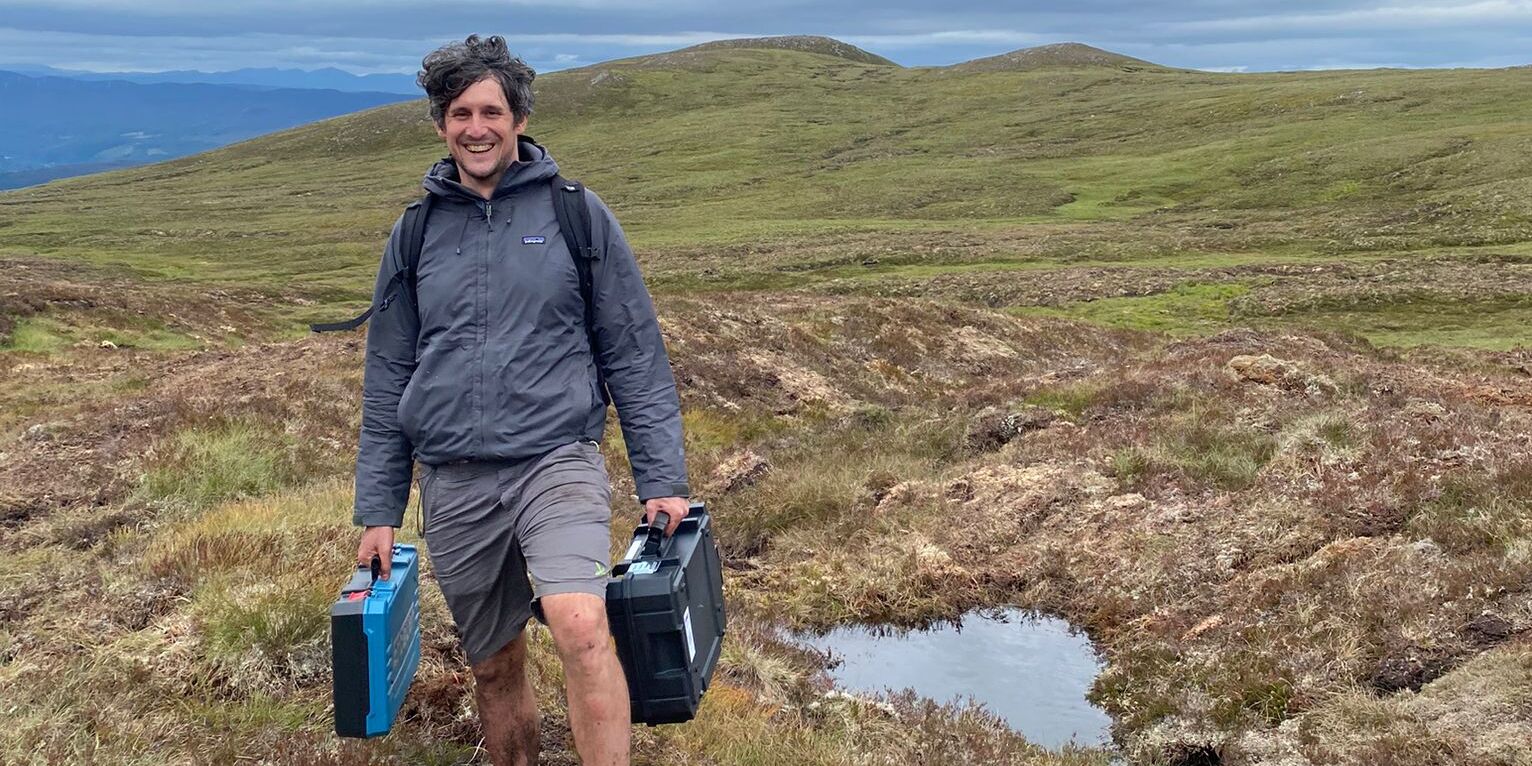
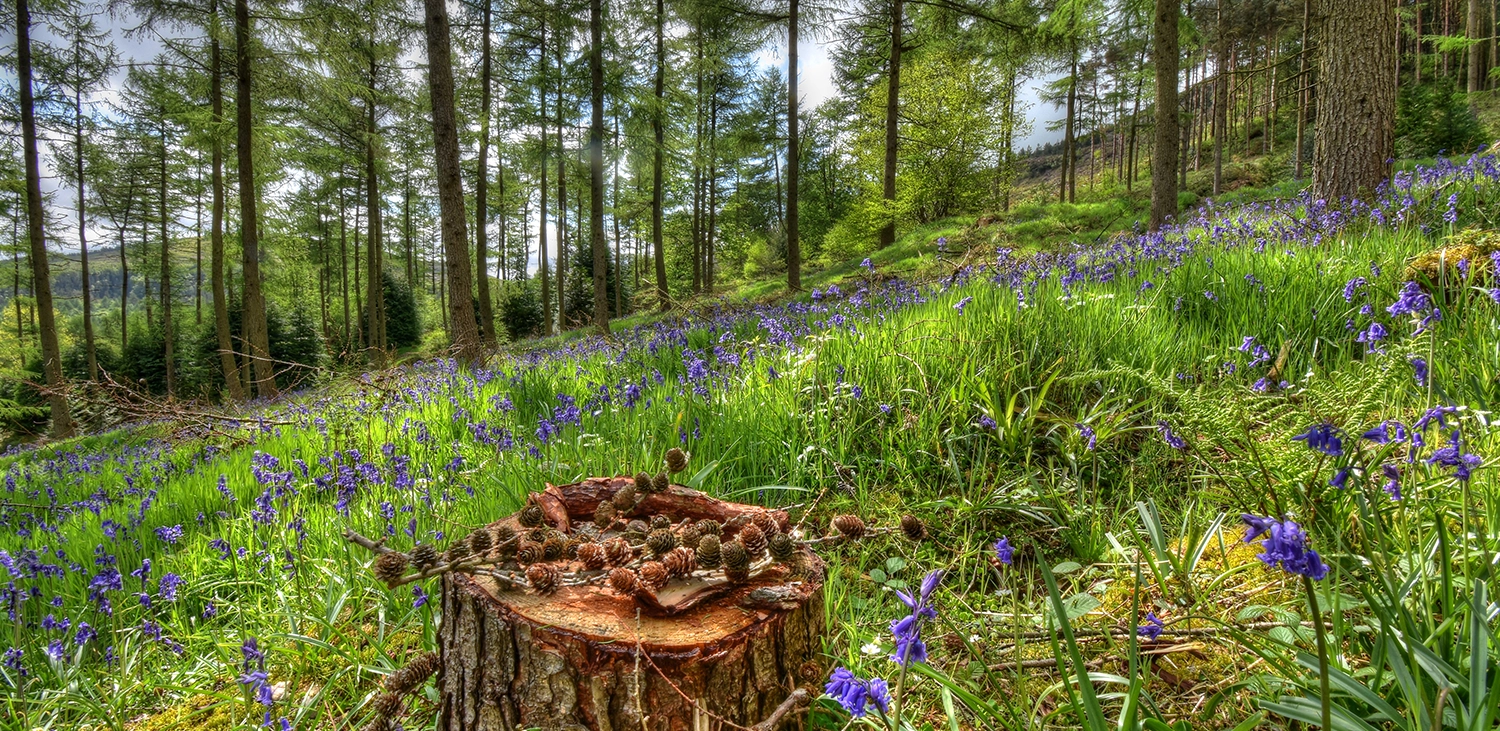
.jpg)
